The School of Creative Arts at UFV has created a remarkable theatre experience that bridges classroom learning with real-world performance through a meaningful partnership with the Chilliwack Cultural Centre. This collaboration offers students the unique opportunity to work in both a close-knit theatre environment and the larger, professional-scale stage of a renowned arts venue—a blend that amplifies their skills, confidence, and creative expression.
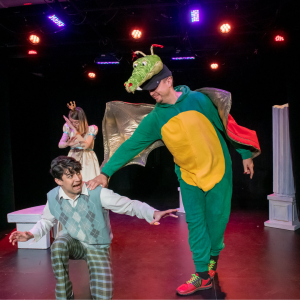 UFV’s Black Box Theatre on the Abbotsford campus is an intimate space, seating around 40 to 50 people, where students can experiment and connect closely with audiences. Shelley Liebembuk, Director of the School of Creative Arts and Associate Professor, calls it “a perfect lab for experimentation, where students are encouraged to interact with their audience and explore their craft.” This year, after the opening week of performances in this intimate setting, the students tour both their fall and winter productions to the 160-seat Rotary Hall at the Chilliwack Cultural Centre (CCC). This experience allows students to tackle new challenges, from managing sound and lighting for a bigger space to actors projecting their performances for a broader audience.
UFV’s Black Box Theatre on the Abbotsford campus is an intimate space, seating around 40 to 50 people, where students can experiment and connect closely with audiences. Shelley Liebembuk, Director of the School of Creative Arts and Associate Professor, calls it “a perfect lab for experimentation, where students are encouraged to interact with their audience and explore their craft.” This year, after the opening week of performances in this intimate setting, the students tour both their fall and winter productions to the 160-seat Rotary Hall at the Chilliwack Cultural Centre (CCC). This experience allows students to tackle new challenges, from managing sound and lighting for a bigger space to actors projecting their performances for a broader audience.
“I’m really looking forward to going to the Chilliwack Cultural Centre! I’m also really excited because its going to be in front of a big audience. Its going to be a super cool and fun experience!”, says Marie Brideau, production class student working as the Stage Manager for The Paper Bag Princess.
The success of this partnership is due in large part to the vision of Chilliwack Cultural Centre’s Executive Director, Jean-Louis Bleau. Liebembuk notes that Bleau has been “an amazing collaborator, welcoming our students with open arms and investing in their growth as future artists.”
The School of Creative Arts continues to enrich its programs, expanding student access to diverse training environments, mentorship, and pathways for careers both on and off the stage. “The students are working with professional technology, so when they graduate, they’re ready for anything,” adds Giuseppe Condello, Production Manager of the Theatre Program. Condello explains that UFV’s equipment aligns closely with that at CCC’s Rotary Hall, so students are well-prepared to adapt to the new venue.
One exciting result of this partnership is the TakeOver festival, where UFV arts practicum students curate a one-day festival at Rotary Hall. This unique opportunity came from Bleau’s own idea of empowering students to take ownership of the space. “It’s a rare experience for students to plan and execute a full festival,” Liebembuk shares. “It gives them real-world experience in arts management and production.”
Through this partnership, the Chilliwack Cultural Centre and UFV are creating a powerful learning pathway that bridges education and the arts industry. Thanks to Bleau’s support and UFV’s School of Creative Arts’ innovative approach, students gain hands-on experience, mentorship, and community connection that prepare them to make their mark on the arts.

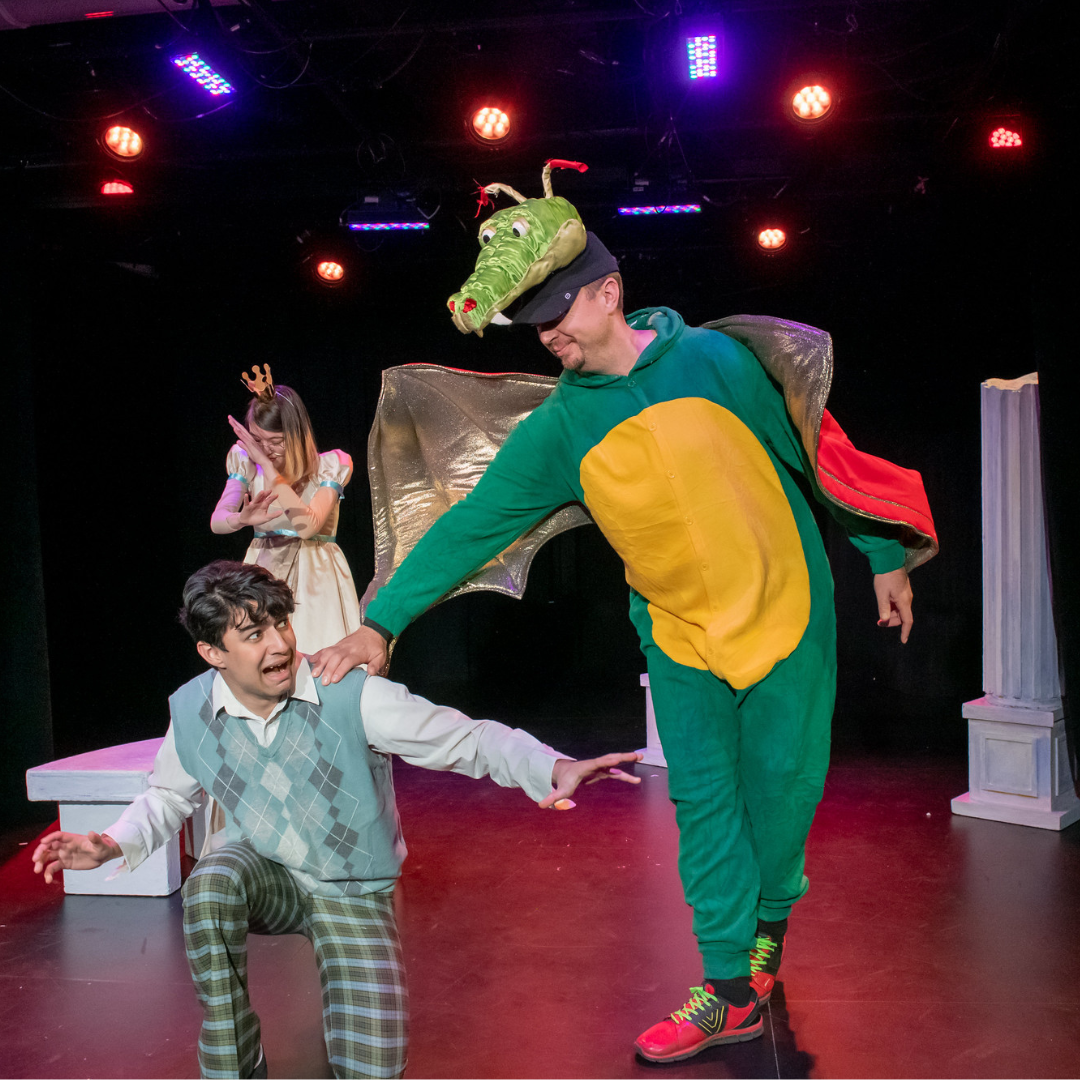

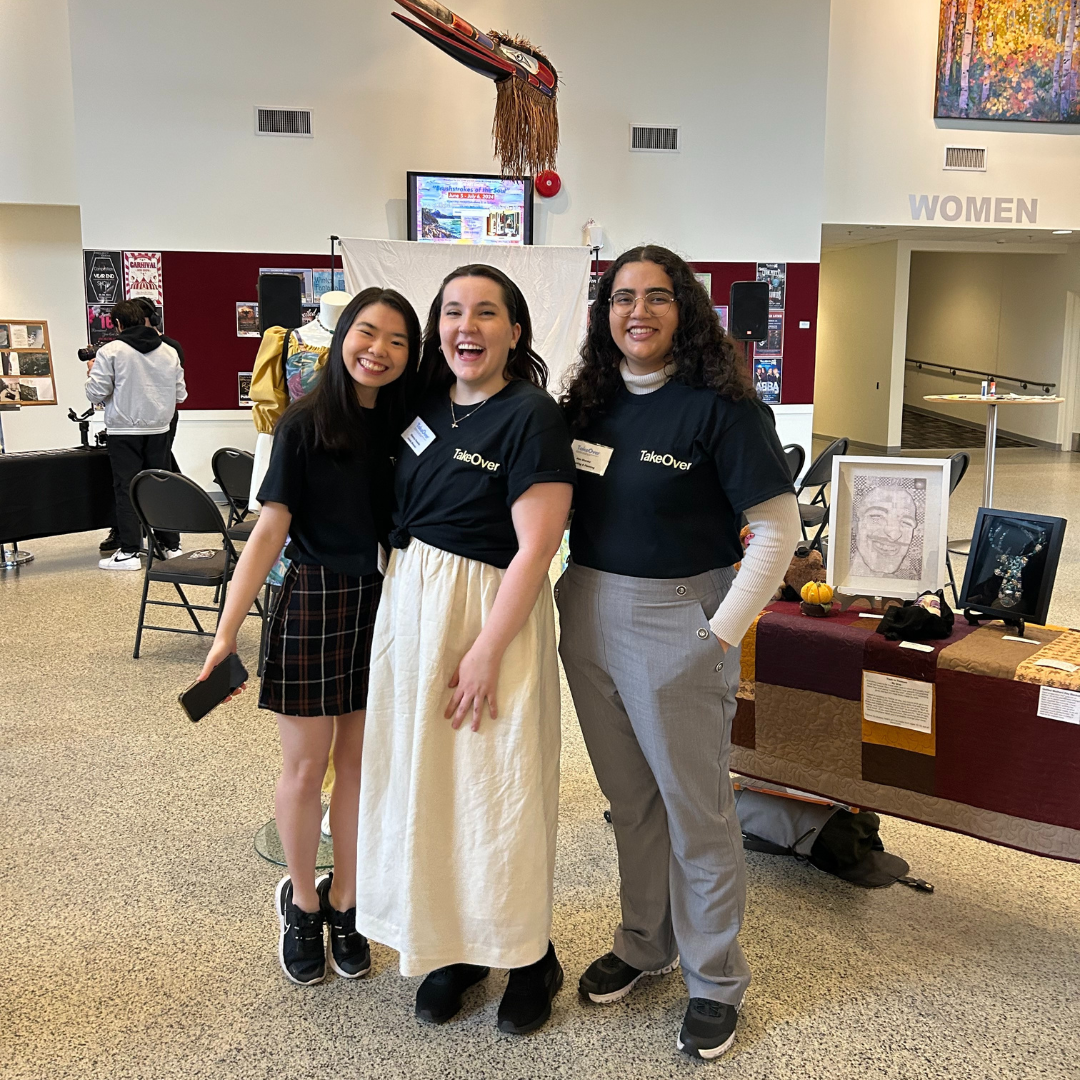
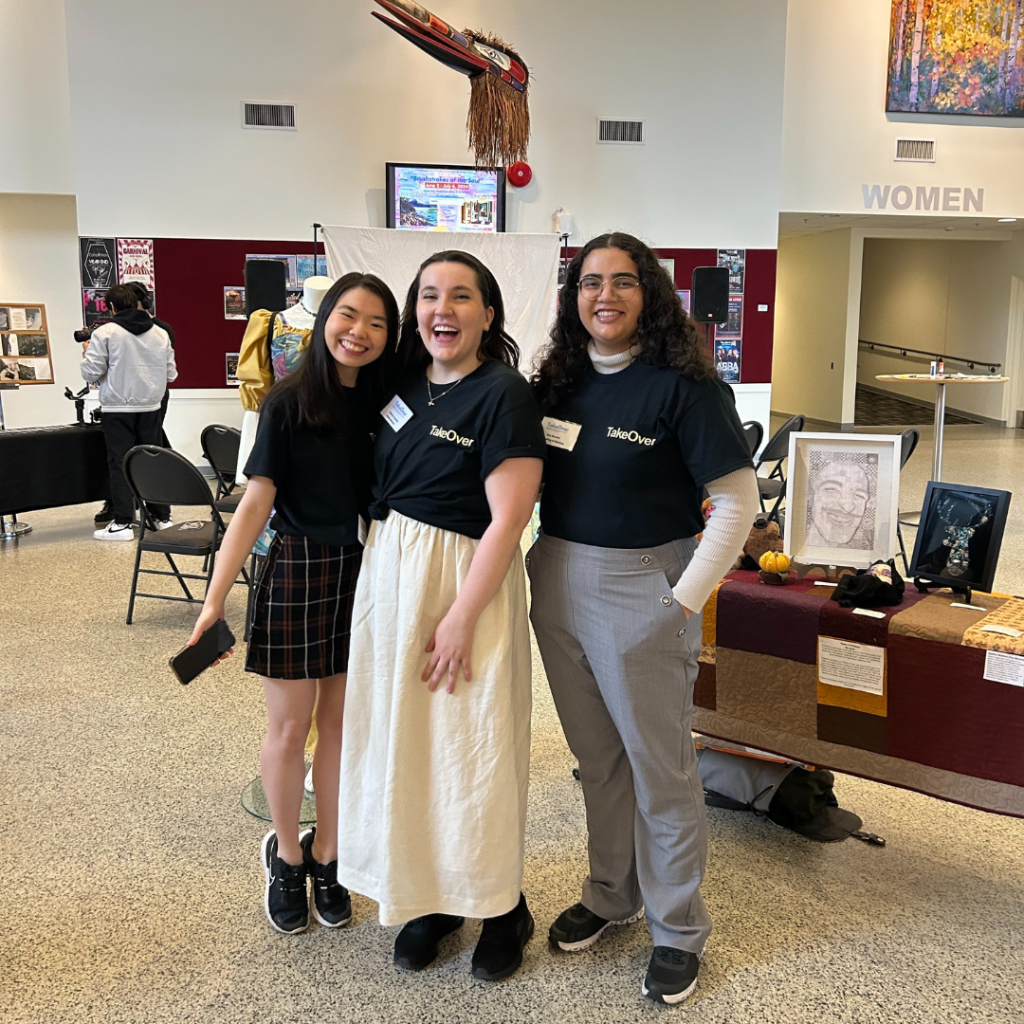
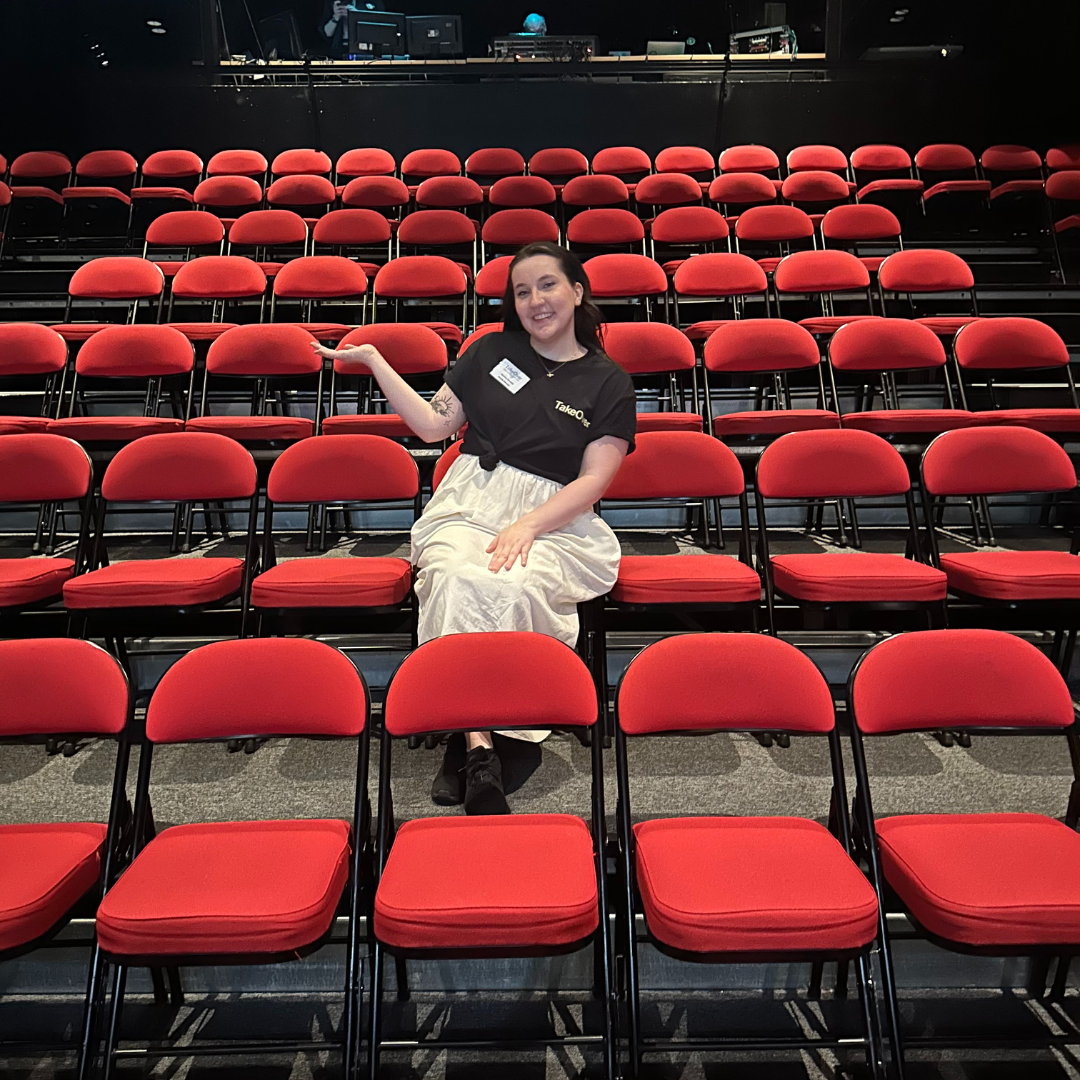
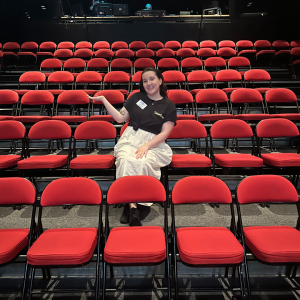 Béatrice Frenette, who graduates this summer from the University of the Fraser Valley (UFV), has already achieved significant milestones. She is the first in her immediate family to attend and complete a university degree, earning a Bachelor of Arts with a major in Communications and a minor in Theatre, along with two certificates.
Béatrice Frenette, who graduates this summer from the University of the Fraser Valley (UFV), has already achieved significant milestones. She is the first in her immediate family to attend and complete a university degree, earning a Bachelor of Arts with a major in Communications and a minor in Theatre, along with two certificates.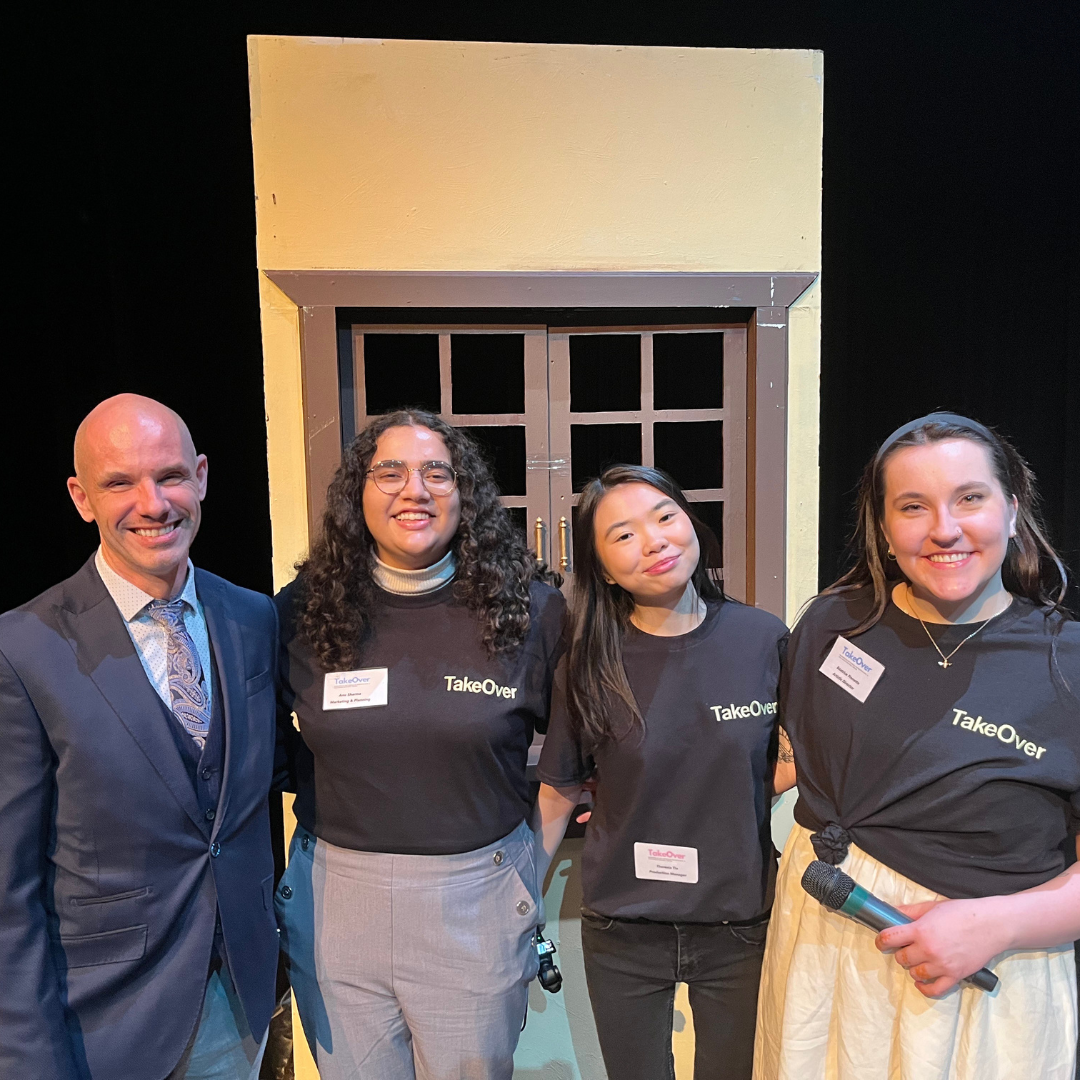
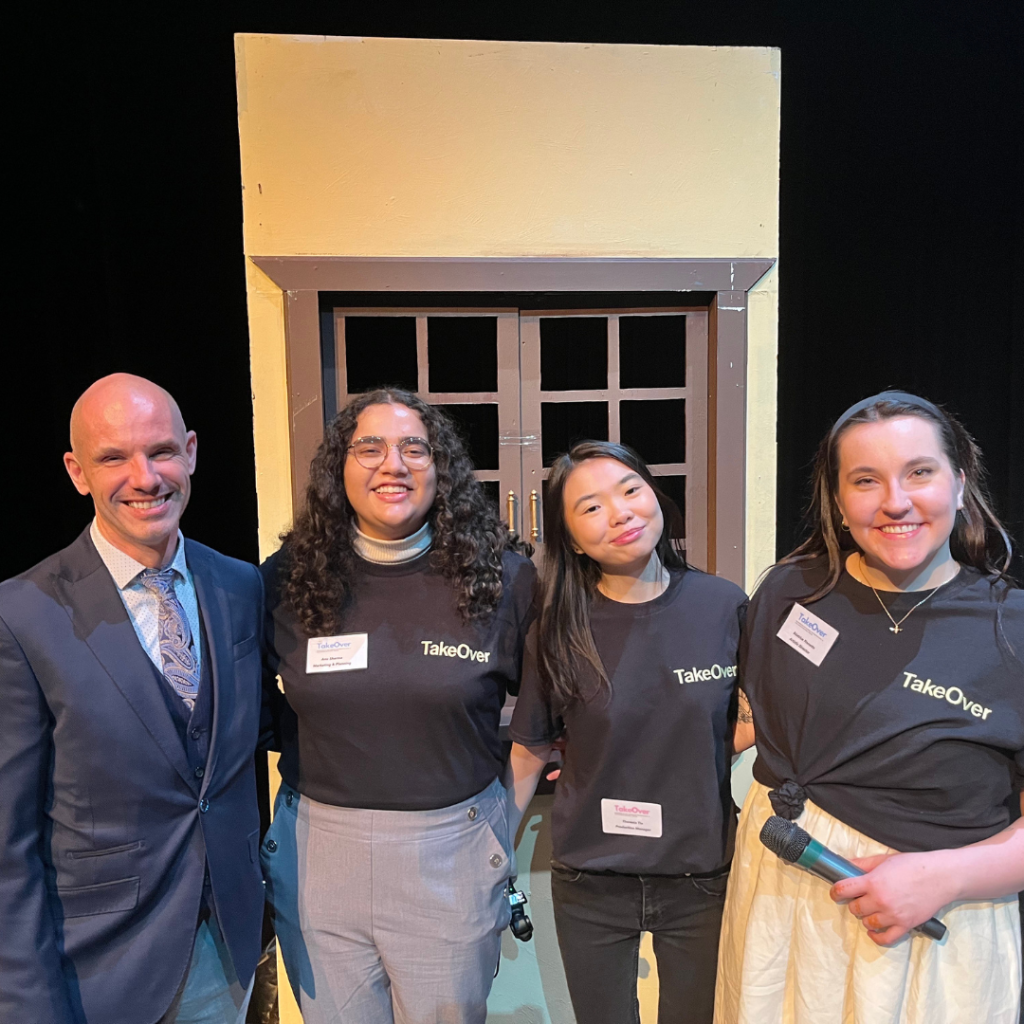
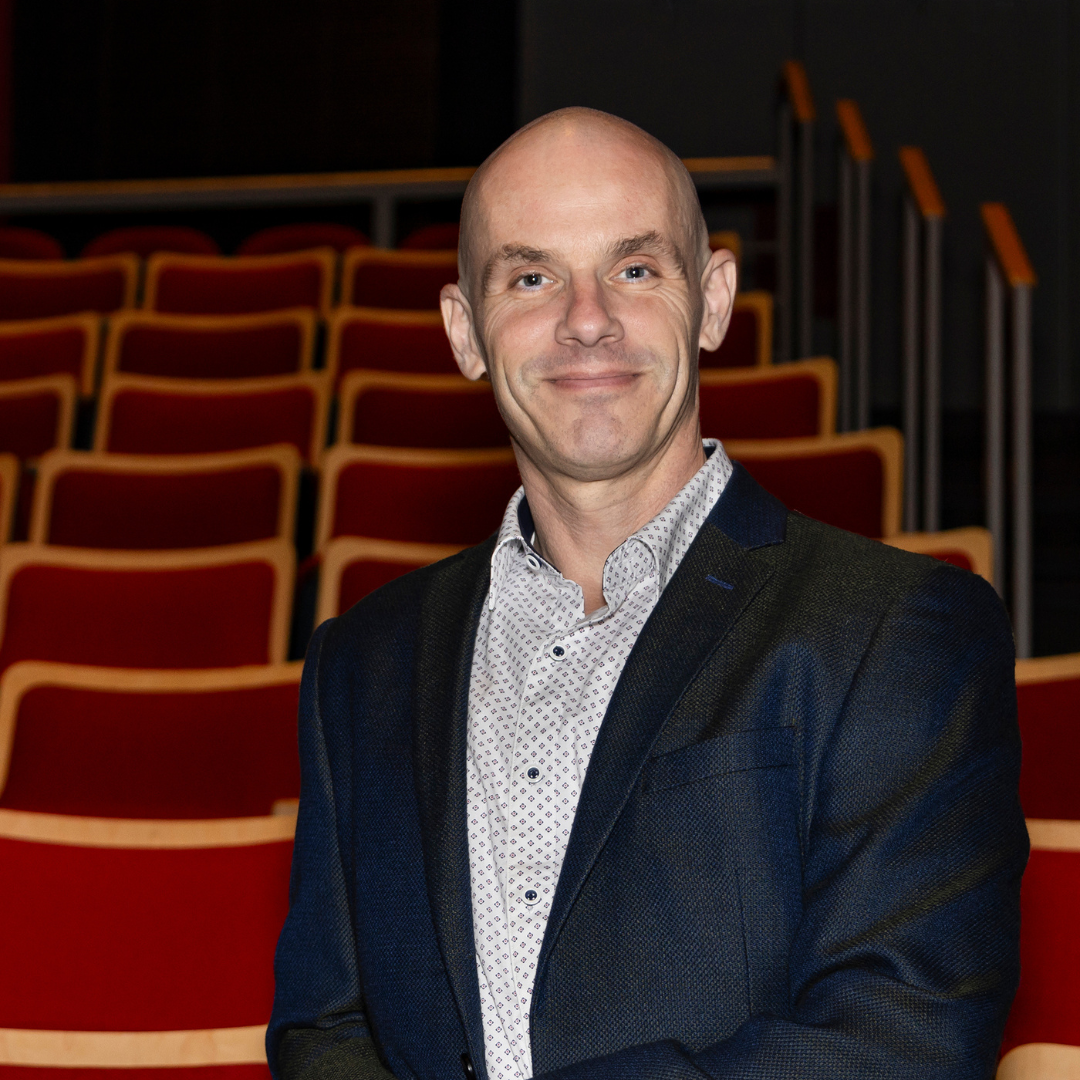
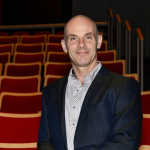 Jean-Louis Bleau is a versatile professional whose career has woven through various roles in the arts sector. Currently serving as the Executive Director of the
Jean-Louis Bleau is a versatile professional whose career has woven through various roles in the arts sector. Currently serving as the Executive Director of the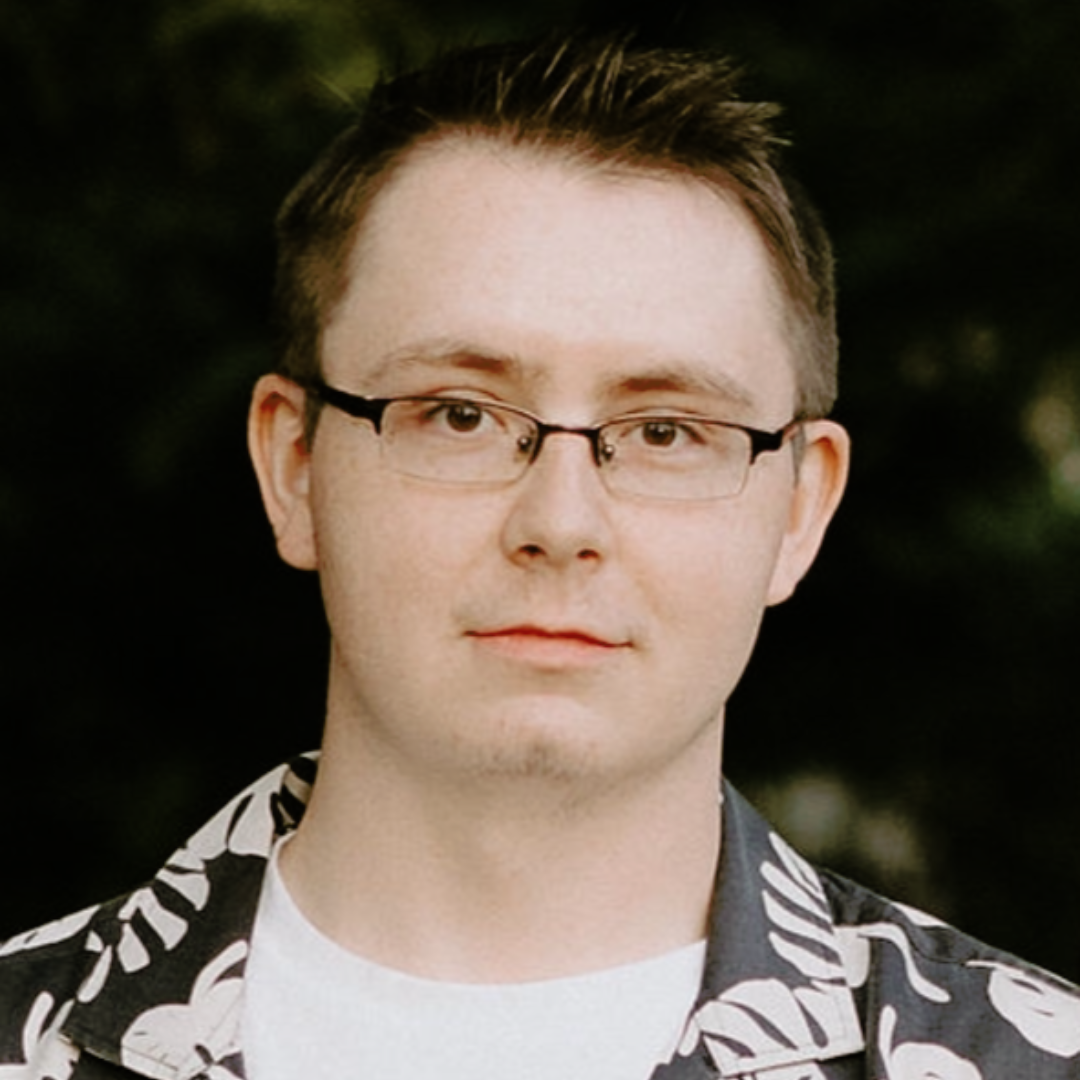
 Logan York is a recent BA graduate in Psychology with a minor in Criminal Justice. Originally from Red Deer, Alberta, Logan found his way to British Columbia, where he has lived most of his life and began shaping his career aspirations.
Logan York is a recent BA graduate in Psychology with a minor in Criminal Justice. Originally from Red Deer, Alberta, Logan found his way to British Columbia, where he has lived most of his life and began shaping his career aspirations.